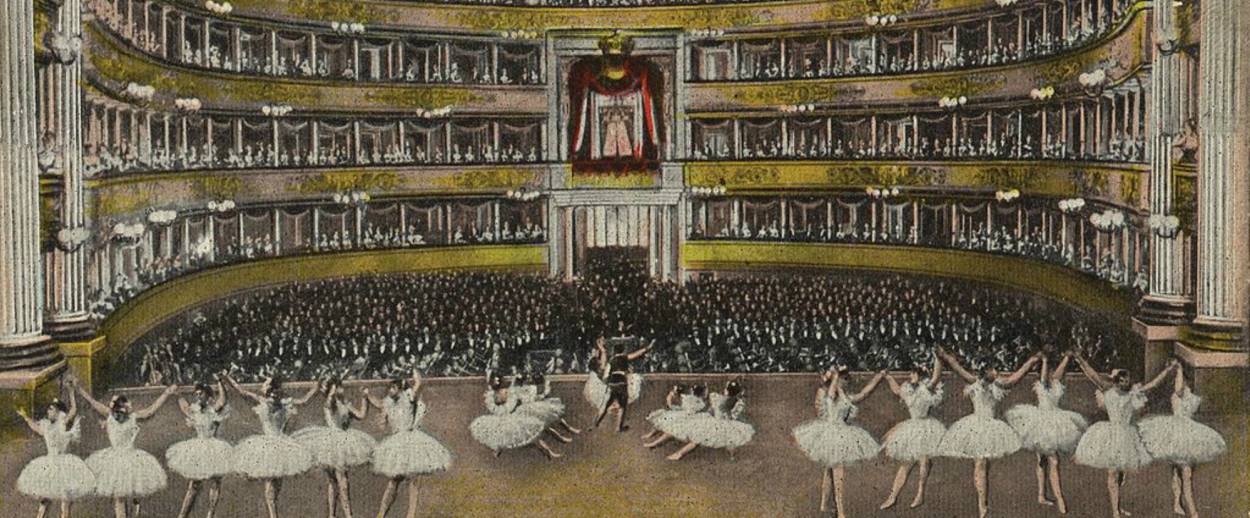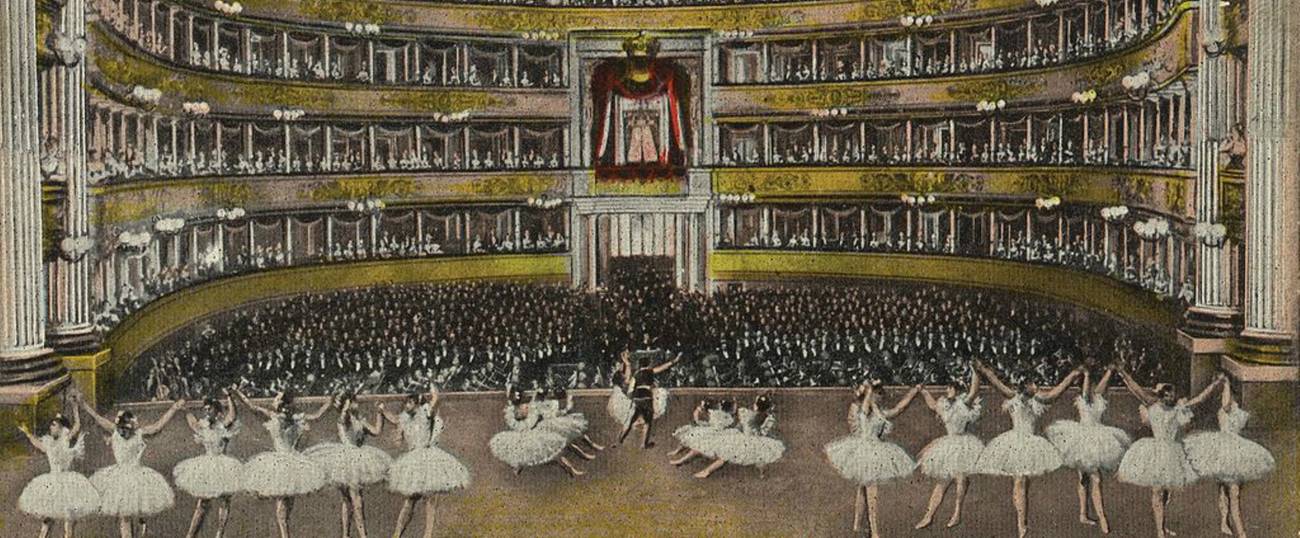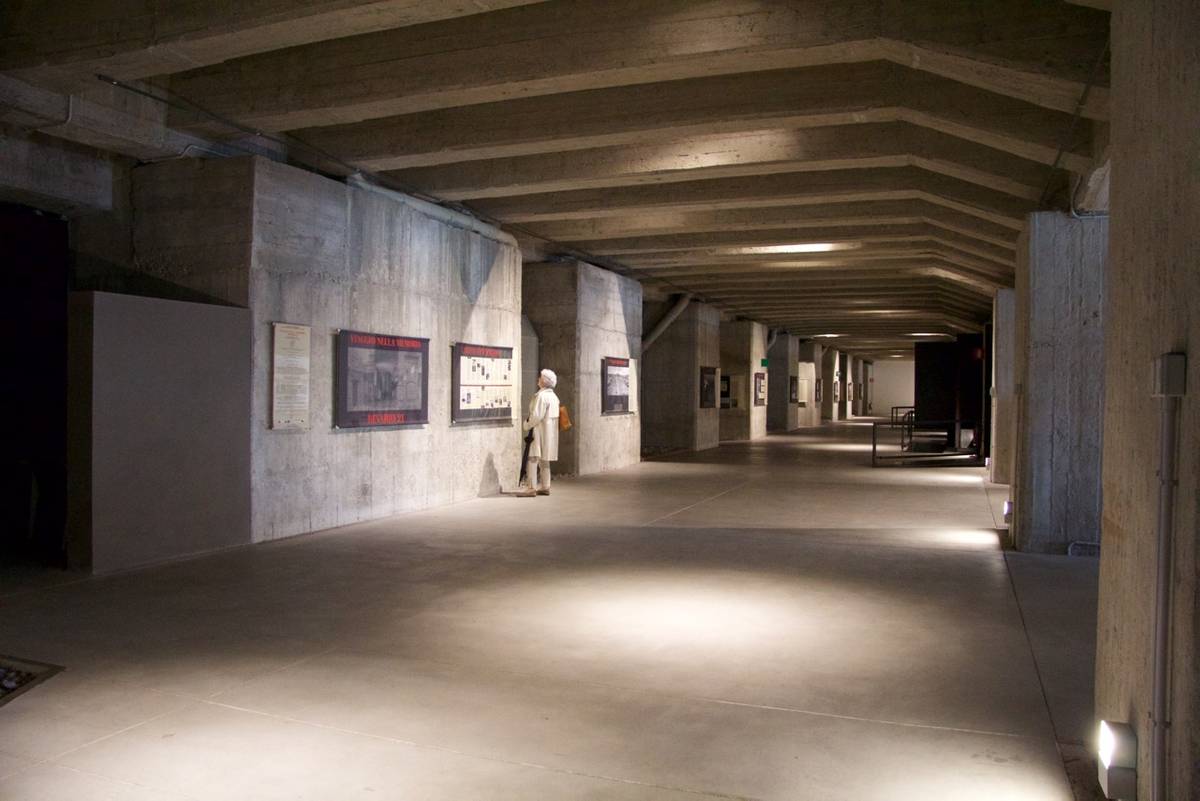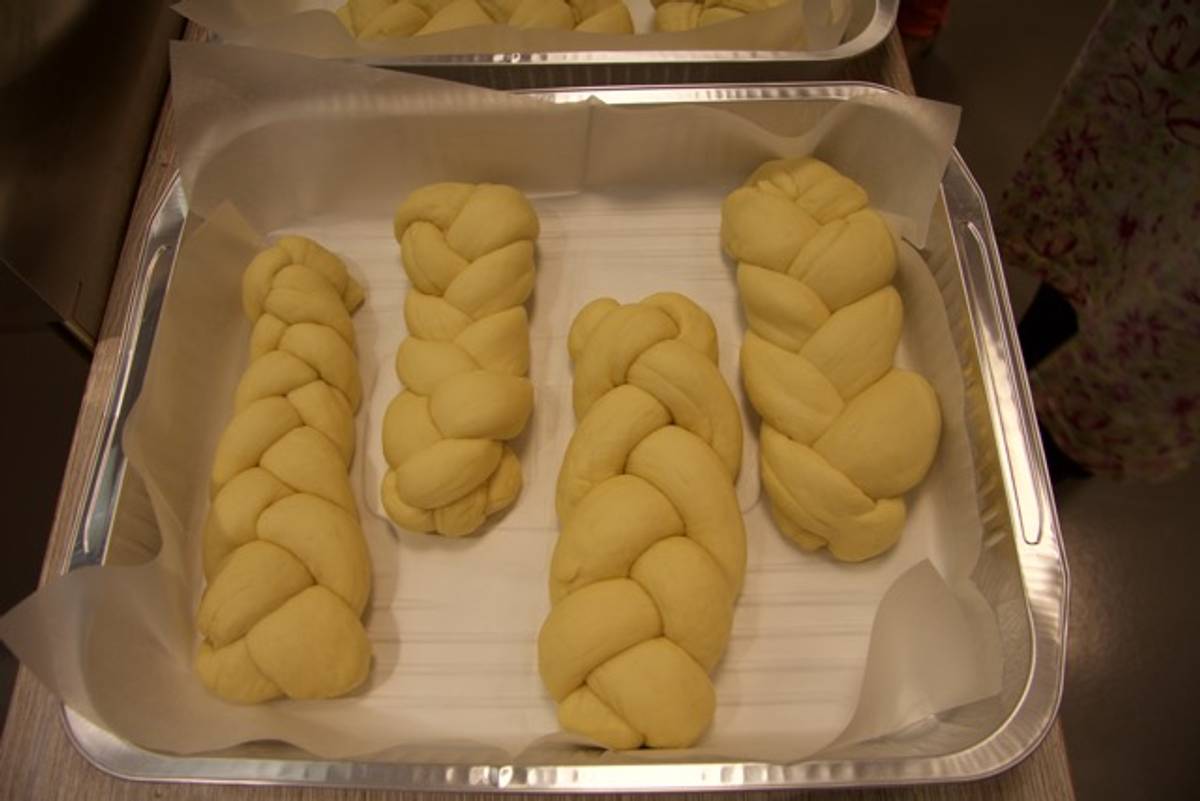In Milan, a Taste of the Jewish Experience
A reporter contemplates her Jewish identity during the 150th anniversary celebration of the Milanese Jewish Community




I’ve visited countless Jewish enclaves and Holocaust memorials in the two years I’ve lived in Europe. Here, I carry my heritage like a dead weight across the continent, where I feel as though it’s my duty to discover the Jewish history of each city, especially in the communities that were once eradicated.
My identity as an Australian Jew—I’m Australian only because my grandparents were expelled from Poland, the Czech Republic, and Hungary—has guided my itinerary, bringing me from Rome’s Great Synagogue and the shadow-casting cement blocks of Berlin’s Holocaust Memorial, to Prague’s dense, unkempt Jewish cemetery. The clammy hand of history tightened its grip when my parents, who themselves carry the guilt of second generation survivors, visited me here in Italy. They even managed to tour the pinnacle of Catholicism, the Vatican, from a Jewish perspective. God bless them.
None of these experiences struck me quite as profoundly as the Shoah Memorial in Milan, which is built on platform 21 of the still-operational central train station, from which the city’s Jews were deported in 1944. Every few minutes, departing trains can be heard chugging overhead; the past seems eerily recent. Over the weekend I visited the memorial to hear survivor testimonies during the Milan Jewish community’s 150th anniversary celebrations, called “Jewish in the City.”

The three-day event offered visitors music, cooking classes, lectures, and exhibitions all relating to the history of the Milanese Jewish community. Established in 1866, today’s 8000-strong population have their origins in the neighboring region of Mantua, where they settled after a 1597 decree that only allowed Jews into the capital for three consecutive days to settle their affairs. After the Unification of Italy in 1861, Jews were again allowed to settle in the city. The community grew rapidly; by 1938, when Fascist anti-Jewish laws were imposed, there were 12,000 Jews living in Milan. Today, the community is an amalgam of pre-World War II families and Middle Eastern migrants who fled during the Arab-Israeli wars.
The diverse roots of Milan’s Jewish population inspired a cooking class I partook in at EATALY, the world’s food-equivalent of IKEA. On the second floor in a halogen-lit maze of pasta, formaggio, and hanging pig’s legs, Roman chef Daniela Di Veroli taught us how to prepare a Milanese Jewish Shabbat meal: challah, Persian rice, Libyan Sefra, and Lebanese zucchini with apricots. “Food is culture,” she told me. “It’s the best thing we can do to know each other in the world.” Elbow deep in challah dough, fellow kneader Veronica Pogliaghi, said the class was her first encounter with Judaism. “I love cooking,” she said, “and I’ve never met anyone Jewish.”
This integration between Milanese Jews and non-Jews was one of the festival’s key aims, Rabbi Roberto Della Rocca told me between mouthfuls of raisin-laden rice and Galilee wine. “In every time and every occasion people speak only about the Shoah,” he said, “so it’s very important to show people that Jewish culture and life is not just suffering.”

Through his words, I found a new way to understand my place as a living, traveling Jew in Europe; not just as a returned exile, but as part of an eternally nomadic people, who, wherever they settled, would inevitably create something—most likely, food. And as I cooked I wondered if perhaps we should thank persecution, for without it, there would be no Roman Carciofi ala Judea (triple-fried artichokes), Venetian Sarde in Saor (onion sardines), Jewish-Tunisian couscous, Polish honey cake or, arguably, the best challah in the world (baked in the allegedly pigeon-infested Glicks) in Melbourne, Australia.
As I travel through Europe, I now will heed Della Rocca’s wise, life-affirming formula: “They tried to kill us, we survived, lets eat!” Obviously, in Italy, this rule applies doubly so.
Previous: A Jewish Ghetto Worth Saving
Related: Israel’s Only Female Rabbi Digs Up the Country’s Hidden Jewish Roots
Livia Albeck-Ripka is an Australian freelance journalist currently living in Europe, focusing on society and the environment. She writes for publications including Quartz, VICE and Dumbo Feather Magazine and was previously a fellow at Fabrica Research Centre. You can find Livia on twitter here.